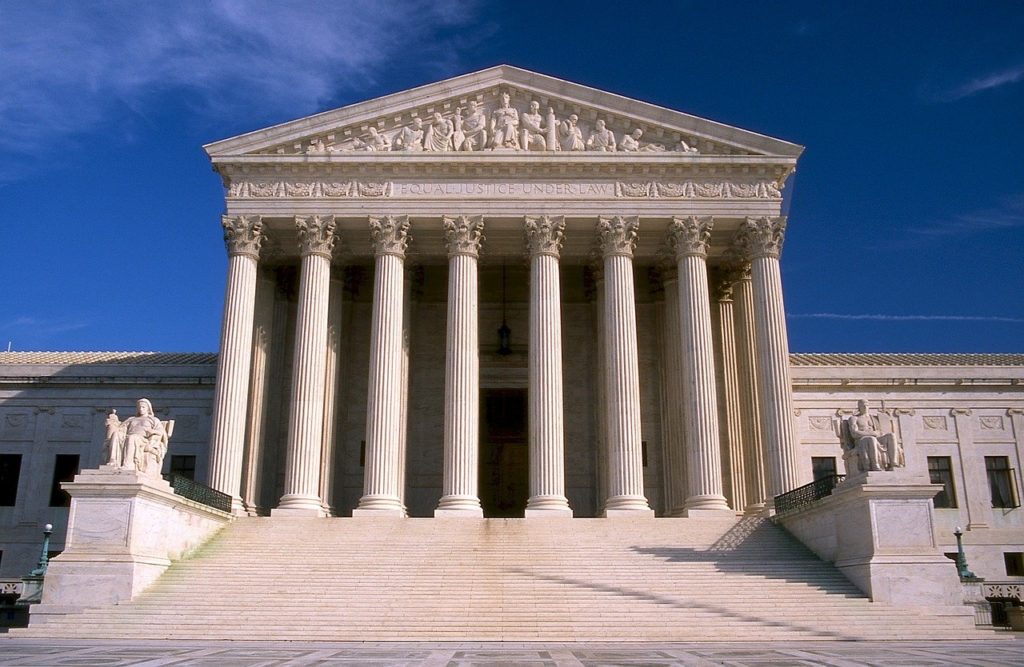The U.S. Supreme Court has declined to hear arguments in a False Claims Act (FCA) case involving the hospice provider Care Alternatives. FCA actions pertaining to hospices most commonly focus on questions of a patient’s eligibility for those services.
A report from Bass, Barry, and Sims shows that a leading cause of fraud involves hospices billing Medicare for services for which patients were not eligible. This resulted in several multi-million dollar settlements during 2020, with amounts ranging from $1 million to $5.25 million.
“For several years, courts have wrestled with the question of whether subjective clinical decisions about the types and amounts of treatment patients may need can be false for purposes of establishing FCA liability,” the firm’s report indicated. “Health care providers have long argued that they cannot.”
In the case, United States ex rel. Druding v. Care Alternatives, the Third Circuit Court of Appeals ruled that when a reasonable difference of opinion occurs between physicians concerning a hospice patient’s prognosis, it can be resolved by a jury.
Hospice advocacy groups had filed an amicus brief in the case supporting Care Alternatives, including the National Hospice and Palliative Care Organization (NHPCO), along with National Association for Home Care & Hospice, American Health Care Association, American Academy of Hospice and Palliative Medicine, and the American Medical Association.
The U.S. Department of Human Services Office of the Inspector General and the U.S. Department of Justice in recent years have increasingly scrutinized hospice providers for compliance with anti-fraud measures. Documentation errors and omissions, live discharges and lengths of stay beyond six months are the main red flags that could bring regulators to a hospice’s doorstep.
In January, the U.S. Department of Treasury reported that enforcement efforts had recovered more than $3 billion in the past fiscal year from False Claims Act cases. About 2.6 billion of those dollars stemmed from lawsuits involving the health care industry, including hospice organizations.
A number of FCA claims resulted in settlements reaching into the millions, with cases against hospice providers growing among them. Florida-based Hope Hospice, a subsidiary of Hope Healthcare, settled an FCA case for $3.2 million. The Justice Department alleged that the organization knowingly certified patients for end-of-life care who were not truly eligible.
In one significant case, the Eleventh Circuit Court of Appeals partially affirmed a decision in favor of Arkansas-based hospice provider AseraCare. The appellate court agreed with the Northern District of Alabama that a mere difference of physician’s opinions on a terminal patient’s prognosis does not indicate falsity under the FCA.
The court gave prosecutors more time to seek out additional evidence, but AseraCare agreed to $1million settlement to bring the litigation to an end, while maintaining that the company did not engage in a fraudulent practices. Not long after the case was closed, hospice and home health giant Amedisys (NASDAQ: AMED) acquired AseraCare for $235 million.



